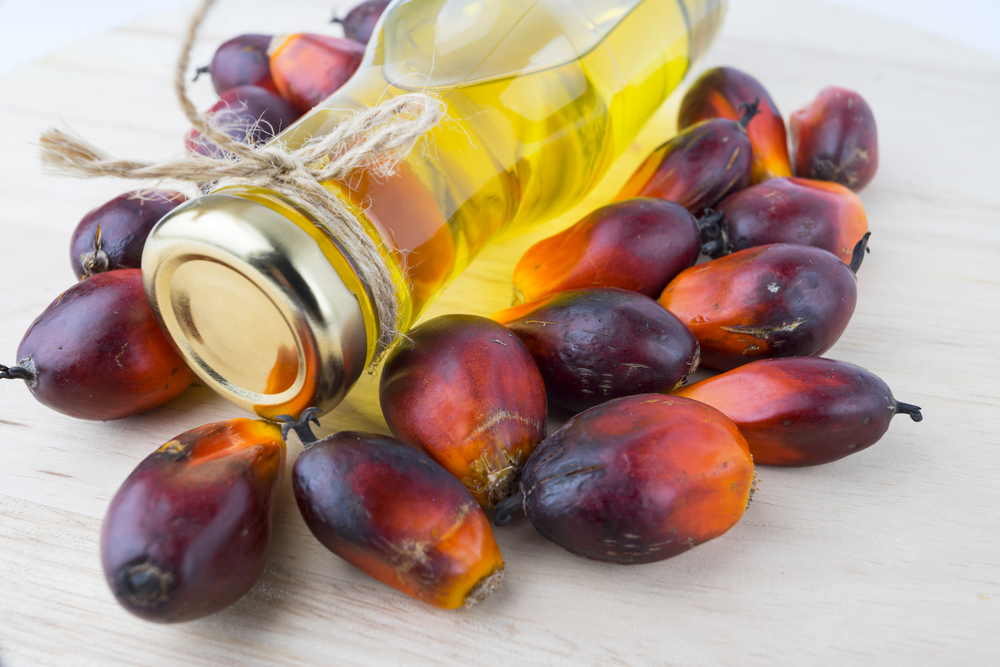India slows down palm oil imports amid rising prices and negative margins

Indian buyers have reduced purchases of palm oil for delivery in December and January due to rising prices and because processors are facing negative margins after increasing imports in the past few months, industry officials told Reuters on Thursday.
The reduction in purchases by the world’s largest importer of vegetable oils may lead to an increase in palm oil stocks in key producers in Indonesia and Malaysia, which will put pressure on benchmark futures, which are trading near the highest level in the last two months.
“Traders are trying to liquidate stocks built up in ports due to aggressive imports in recent months,” Rajesh Patel, managing partner at edible oil trader and brokerage GGN Research, told Reuters.
“There is no import parity at the moment. Older import stocks are being offered at lower prices compared to newer stocks.”
According to traders, the market value of crude palm oil for December deliveries to the west coast, excluding import taxes, is 77,500 rupees per ton, while already imported oil is offered at 76,500 rupees.
According to the SEA Association, the increase in imports in the period from July to September led to an increase in oil stocks in India to 3.3 million tons on November 1 from 2.46 million tons a year earlier.
Buyers are concerned that the recent price increase may not be sustainable, so they are cautiously placing new import orders, said Sandeep Bajoria, CEO of Sunvin Group, an oilseed brokerage.
The slowdown in new purchases could lead to a reduction in imports in December and January, said a dealer with a global trading house based in New Delhi.
He said increased supplies of local soybean and cottonseed oil also reduced import needs.
India’s palm oil imports in November are likely to fall to 770,000 tons from 1.1 million tons a year earlier, said GGN Research’s Patel.
Imports of soybean oil and sunflower oil in November may fall to 130,000 tons and 150,000 tons, respectively, he said.
India buys palm oil mainly from Indonesia, Malaysia and Thailand, and soybean oil and sunflower oil from Argentina, Brazil, Russia and Ukraine.
Read also
Wheat in Southern Brazil Impacted by Dry Weather and Frosts
Oilseed Industry. Leaders and Strategies in the Times of a Great Change
Black Sea & Danube Region: Oilseed and Vegoil Markets Within Ongoing Transfor...
Serbia. The drought will cause extremely high losses for farmers this year
2023/24 Safrinha Corn in Brazil 91% Harvested
Write to us
Our manager will contact you soon



